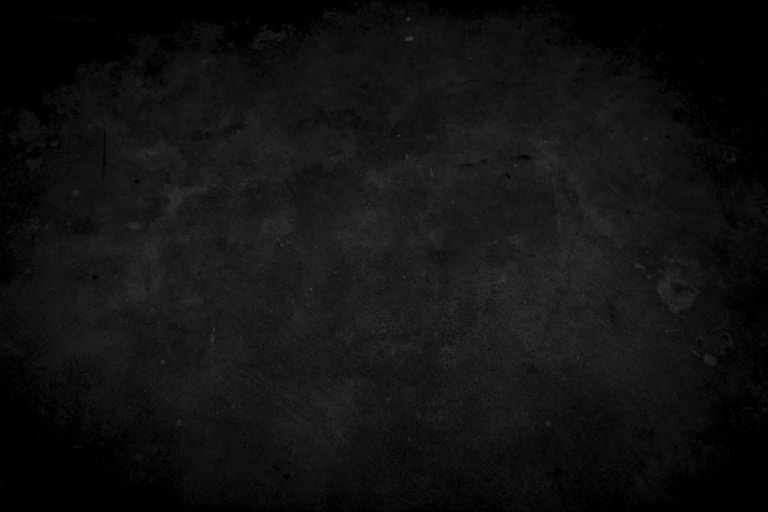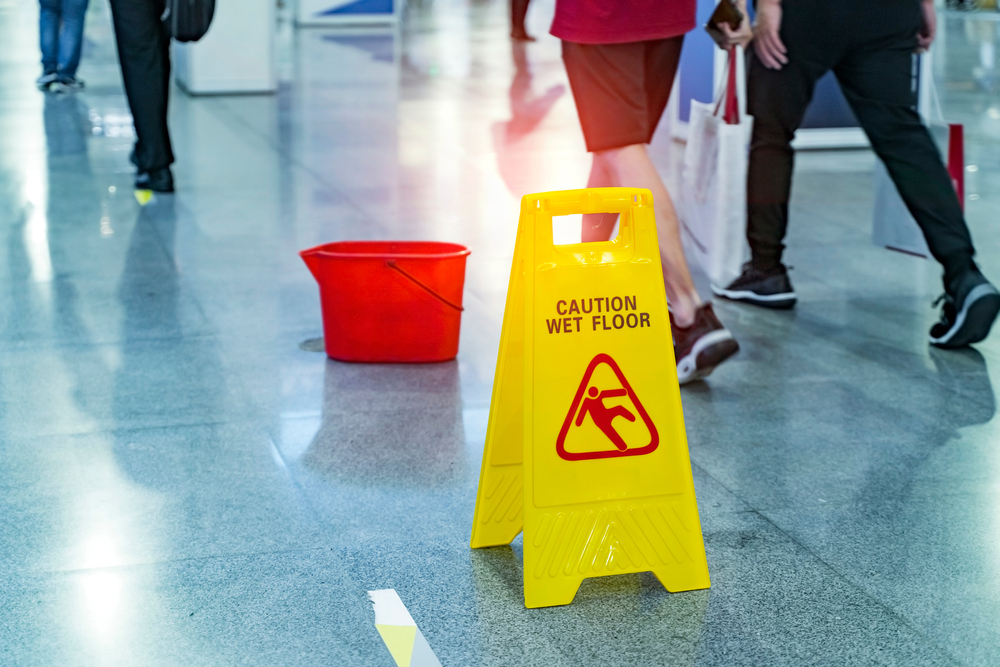
Washington Slip and Fall Laws: Premises Liability and Comparative Negligence
Understanding Property Owner Duties and Your Rights in Washington State
Washington Slip and Fall Laws: Premises Liability and Comparative Negligence
Washington State has well-established premises liability laws that protect people injured on others' property. Understanding these laws and how Washington's pure comparative negligence system works is essential for anyone injured in a slip and fall accident.
Washington Premises Liability Framework
Duty of Care Standards
Washington law establishes different duties based on the visitor's legal status:
Business Invitees (customers, clients):
- Highest duty of care owed
- Must inspect premises for dangerous conditions
- Must warn of or remedy known hazards
- Must use reasonable care to discover hidden dangers
- Includes maintaining reasonably safe conditions
Social Guests and Licensees:
- Must warn of known dangerous conditions
- No general duty to inspect for unknown hazards
- Must not increase existing dangers
- Cannot create new hazards through negligent conduct
Trespassers:
- Generally owed no duty except to avoid willful or wanton harm
- Special protections for child trespassers under attractive nuisance doctrine
- Limited duties for discovered or frequent trespassers
Proving Negligence in Washington Slip and Fall Cases
Essential Elements
To succeed in a Washington premises liability case, you must prove:
- The property owner owed you a duty of care
- The owner breached that duty (failed to meet required standard)
- The breach proximately caused your injuries
- You suffered actual damages from the incident
Notice Requirements
Washington requires proving the property owner had actual or constructive notice of the dangerous condition:
Actual Notice: Direct knowledge of the specific hazard Constructive Notice: The condition existed long enough that reasonable inspection would have discovered it
Mode of Operation Exception
Some Washington courts apply this doctrine in retail settings:
- When business operations inherently create foreseeable risks
- May establish liability without traditional notice requirements
- Common in grocery stores with frequent spills
Washington's Pure Comparative Negligence
No Percentage Threshold
Unlike many states, Washington allows recovery regardless of your fault percentage:
- Can recover even if you were 90% at fault
- Damages reduced by your exact percentage of negligence
- More favorable to plaintiffs than modified comparative negligence states
Jury Instructions on Comparative Fault
Washington courts give detailed jury instructions on:
- Allocating fault percentages among all parties
- Considering plaintiff's actions and awareness
- Evaluating reasonableness of all parties' conduct
Common Washington Slip and Fall Scenarios
Retail Store Accidents
Washington's retail establishments face liability for:
- Wet floors from rain (common in western Washington)
- Inadequate floor mats during rainy seasons
- Merchandise placement blocking aisles
- Poor lighting affecting customer visibility
- Seasonal hazards like leaves and ice
Restaurant and Food Service
Food establishments must address:
- Kitchen spills extending into customer areas
- Bathroom maintenance and slip hazards
- Outdoor seating areas affected by rain
- Ice and snow removal from entrances
- Grease and food debris cleanup
Apartment and Housing Complex Issues
Landlords in Washington must maintain:
- Common areas like hallways and laundries
- Outdoor walkways and parking areas
- Adequate lighting for safety
- Proper drainage to prevent ice formation
- Structural elements like stairs and railings
Weather-Related Considerations
Rain and Moisture Management
Washington's frequent rainfall creates unique challenges:
- Adequate entrance mats and drainage
- Prompt cleanup of tracked-in water
- Weather stripping and building maintenance
- Slip-resistant surfaces in high-traffic areas
Ice and Snow Duties
While less common than rain, ice creates serious hazards:
- Reasonable snow and ice removal efforts required
- Warning signs for unavoidable ice patches
- Timing expectations for cleanup after storms
- Use of appropriate ice melting materials
Washington Damage Recovery
Economic Damages
- Medical expenses and future treatment costs
- Lost wages and diminished earning capacity
- Household services and caregiver costs
- Property damage and replacement costs
- Transportation and related expenses
Non-Economic Damages
- Pain and suffering
- Emotional distress and mental anguish
- Loss of enjoyment of life activities
- Permanent disability and disfigurement
- Loss of consortium for spouses
Washington generally doesn't cap damages in premises liability cases.
Defenses Property Owners Raise
Open and Obvious Doctrine
Property owners often argue dangerous conditions were so apparent that reasonable people would avoid them:
- Washington courts balance obviousness with other factors
- Considers whether alternative paths were available
- May not bar recovery if dangers were unreasonably maintained
Assumption of Risk
Limited defense in premises liability cases:
- Must show plaintiff voluntarily assumed specific known risks
- Professional service providers may assume occupational risks
- Sports and recreational activity participants may assume inherent risks
Comparative Fault Arguments
Common defense strategies include:
- Claiming plaintiff failed to watch where walking
- Arguing inappropriate footwear for conditions
- Suggesting intoxication or distraction contributed
- Pointing to plaintiff's failure to use available safety features
Special Washington Statutes
Recreational Use Immunity
Washington's Recreational Use Statute (RCW 4.24.200) limits landowner liability:
- Applies to people using property for outdoor recreation
- Reduces duty of care for hikers, hunters, and similar users
- Exceptions for gross negligence or malicious conduct
- May not apply to commercial recreational facilities
Liquor Liability
Washington's social host and dram shop laws create additional considerations:
- Bars and restaurants have liability for over-serving
- Social hosts have limited liability for serving minors
- Can affect premises liability when alcohol contributes to accidents
Building Code Violations
Using Code Violations as Evidence
Building code violations can establish negligence:
- Americans with Disabilities Act (ADA) compliance
- Fire safety and emergency egress requirements
- Lighting and signage standards
- Structural safety requirements
- Handrail and guardrail specifications
Expert Testimony Requirements
Washington often requires expert testimony for:
- Building code interpretation and violations
- Standard of care in property maintenance
- Accident reconstruction and causation analysis
- Economic loss calculations for future damages
Government Entity Liability
State and Local Government Claims
Claims against Washington government entities have special requirements:
- Must comply with Washington State Tort Claims Act
- Shorter notice periods and filing deadlines
- Some governmental functions retain immunity
- Different procedures for state versus local government claims
Insurance Considerations
Common Policy Types
Washington premises liability claims typically involve:
- Commercial general liability insurance
- Homeowner's and renter's insurance policies
- Umbrella and excess coverage
- Professional liability for certain businesses
Dealing with Insurers
Insurance companies commonly dispute:
- Whether adequate notice of the condition existed
- Comparative fault percentages
- Scope and permanency of injuries
- Necessity and reasonableness of medical treatment
Statute of Limitations
Three-Year Deadline
Washington allows three years from the accident date to file premises liability lawsuits, which is longer than many states.
Discovery Rule Applications
In cases with latent injuries, the three-year period may begin when you discover the injury and its connection to the premises condition.
Frequently Asked Questions
How does Washington's comparative negligence affect slip and fall cases?
Washington uses pure comparative negligence, meaning you can recover damages even if you were mostly at fault. Your compensation is reduced by your exact percentage of fault, with no threshold that bars recovery.
What must I prove in a Washington premises liability case?
You must prove the property owner owed you a duty of care, breached that duty, that the breach caused your injuries, and that you suffered actual damages. Notice of the dangerous condition is also typically required.
How long do I have to file a slip and fall lawsuit in Washington?
Washington allows three years from the accident date to file premises liability lawsuits, which is longer than many other states.
Do weather conditions affect premises liability in Washington?
Yes, Washington's frequent rainfall creates special duties for property owners to manage water, provide adequate mats and drainage, and maintain slip-resistant surfaces. Ice and snow removal duties also apply when relevant.
Are there damage caps in Washington slip and fall cases?
Generally no. Washington doesn't cap economic or non-economic damages in most premises liability cases, allowing full recovery for medical expenses, lost wages, and pain and suffering.
Browse Other Articles for "Slip and Fall" in Washington:
Start Your FREE Consultation
Complete the form for a Free Consultation. No upfront fees, swift action, and we're only paid when we succeed for you.
Ask Us If You Qualify
We’re here to help you take on your fight—whether it’s a car accident, a dangerous drug, or a workplace injury gone wrong. One call starts it all, and we’re with you every step, no upfront cost required.
- Free Case Review
- No Fees Until Victory
- Millions Recovered
- Personal Strategy
- California Coverage
- Relentless Case Pursuit

